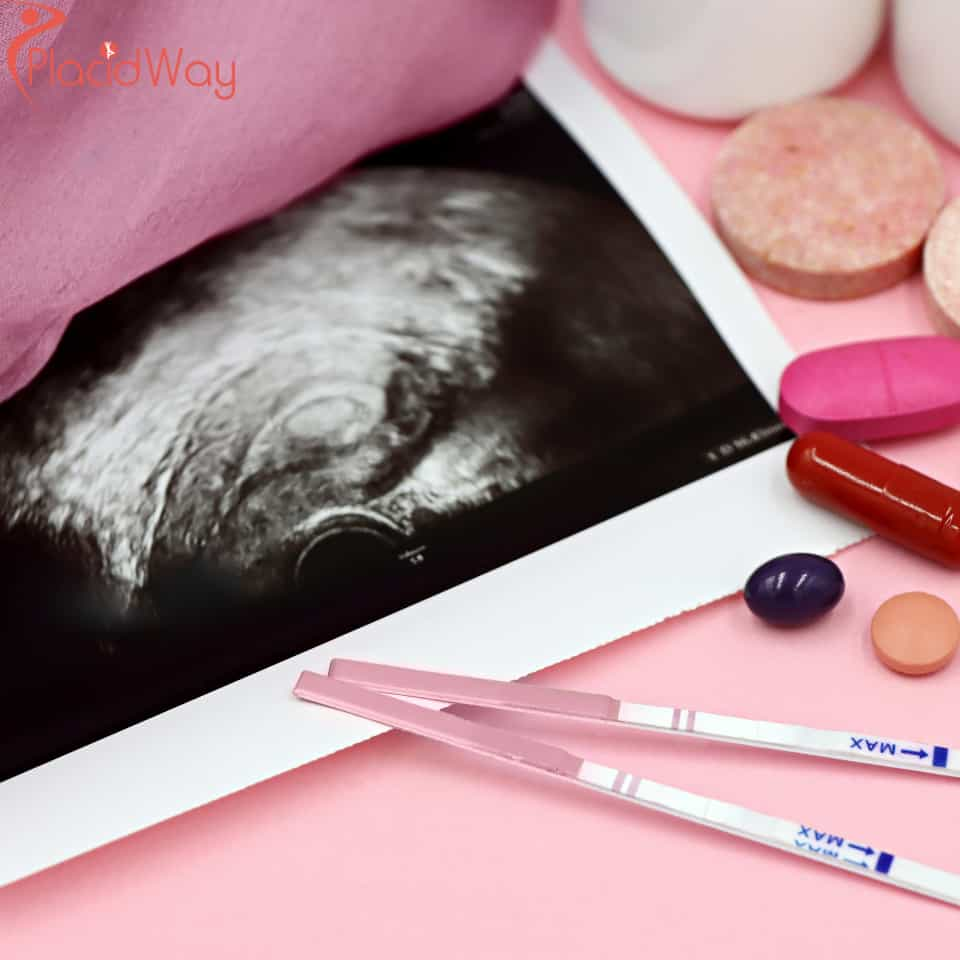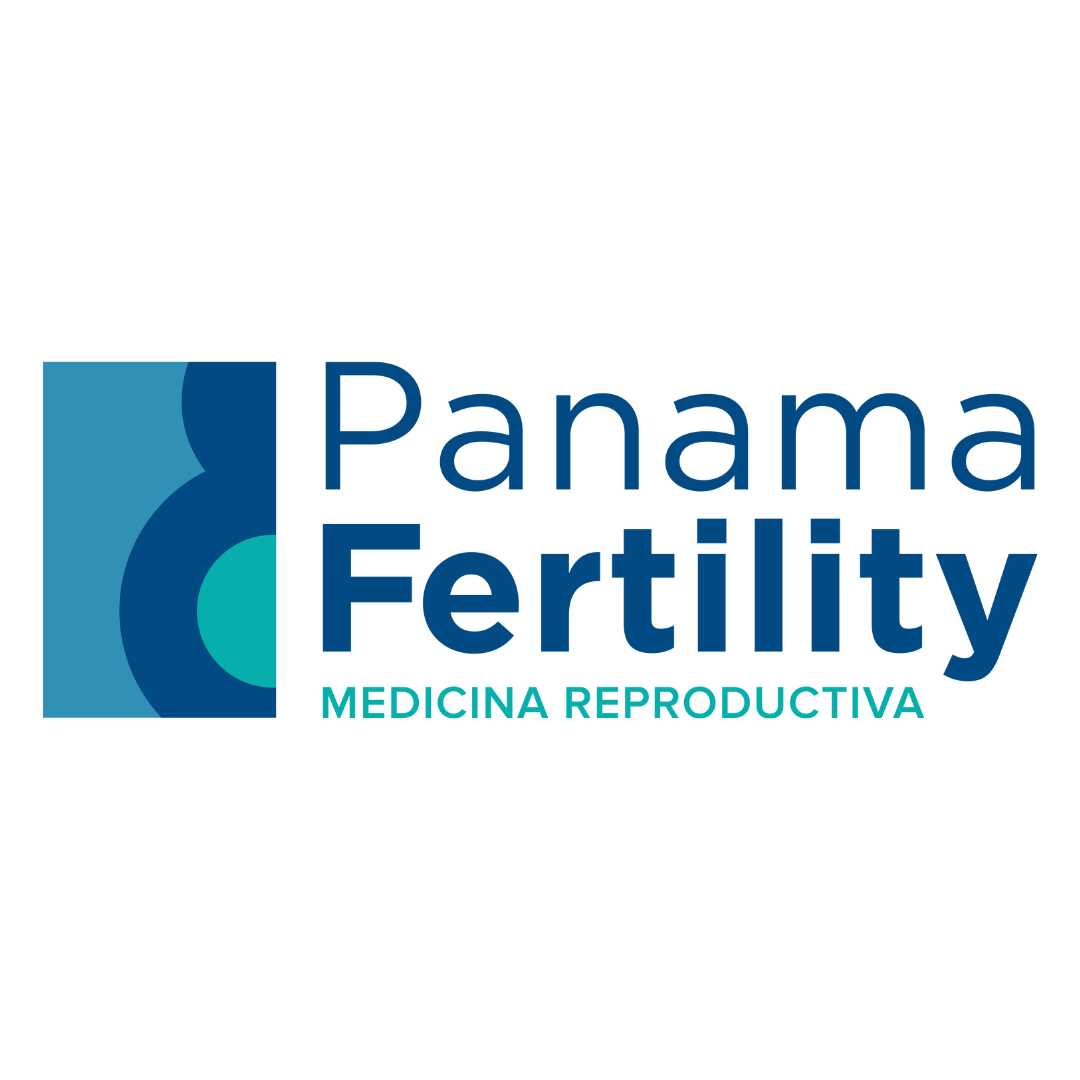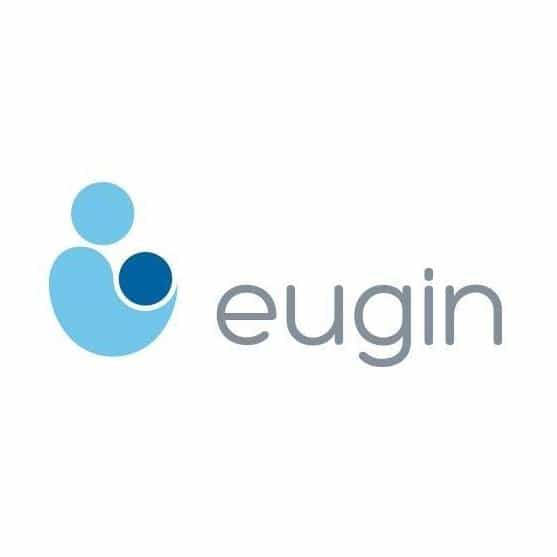Affordable Tubal Reversal in Panama? Costs Explored

Thinking about growing your family after a tubal ligation? You're not alone. Many women explore the possibility of a tubal ligation reversal, a surgical procedure to restore fertility. Panama, a hub for medical tourism, is a location many consider for this life-changing surgery. The primary question on most people's minds is the cost of tubal ligation reversal in Panama. While a precise, one-size-fits-all price is difficult to pin down, this guide will provide you with a comprehensive overview of what to expect financially and medically. We'll break down the costs, success factors, and everything else you need to know.
What is the estimated cost of tubal ligation reversal in Panama?
"The estimated cost of tubal ligation reversal in Panama can range from approximately $5,000 to $10,000 USD. This price can fluctuate based on the clinic, the surgeon's experience, and the specific surgical requirements of the patient."
The final price tag for a tubal ligation reversal in Panama is influenced by several key factors. Unlike a standard consumer product, medical procedures have variable costs depending on individual circumstances. The reputation and location of the fertility clinic play a significant role; a state-of-the-art facility in Panama City may have different pricing than a smaller clinic elsewhere. The surgeon's expertise and the complexity of your specific procedure are also major determinants of the final cost.
It's also crucial to understand what is included in the quoted price. A comprehensive package might cover the surgeon's fee, anesthesia, operating room costs, and pre-operative consultations. However, you should always clarify if expenses like post-operative medications, follow-up visits, or unforeseen medical needs are part of the initial estimate.
What factors influence the cost of tubal ligation reversal in Panama?
"Several factors impact the cost of tubal ligation reversal in Panama, including the type of tubal ligation originally performed, the surgeon's fees, hospital or clinic charges, anesthesia costs, and the need for any pre-operative testing."
Let's delve deeper into the elements that will affect your overall expenses:
- Original Tubal Ligation Method: The way your tubes were initially tied can significantly impact the complexity and, therefore, the cost of the reversal. Procedures using clips or rings are often easier and less expensive to reverse than those that involved cutting or burning the fallopian tubes.
- Surgeon's Expertise: Highly experienced microsurgeons who specialize in tubal reversal surgery may charge more for their skills, which can contribute to higher success rates.
- Medical Facility: The choice of a hospital versus a private fertility clinic will affect the price. Hospitals may have higher overhead costs, but also offer comprehensive medical support.
- Anesthesia: The fees for the anesthesiologist and the type of anesthesia used are a standard part of the overall surgical cost.
- Pre-Operative Assessments: Before surgery, you will likely need various tests, such as blood work, imaging studies, and a review of your medical history, all of which add to the total cost.
Is a tubal ligation reversal always the best option?
"No, a tubal ligation reversal is not always the best option. For some individuals, especially those of advanced maternal age or with other fertility issues, In Vitro Fertilization (IVF) may be recommended as a more effective alternative."
While a tubal ligation reversal can be successful, it's not the only path to pregnancy after having your tubes tied. Your fertility specialist in Panama may suggest IVF as a more viable option. IVF bypasses the fallopian tubes entirely, making it a suitable choice if the tubes are severely damaged or if there are other contributing infertility factors.
The decision between a reversal and IVF is a personal one that should be made in consultation with your doctor. They will consider your age, the health of your ovaries, your partner's sperm health, and the condition of your fallopian tubes to recommend the best course of action for you.
What is the success rate of tubal ligation reversal?
"The success rate of tubal ligation reversal largely depends on the woman's age at the time of the reversal and the length and health of the remaining fallopian tubes. Generally, success rates, in terms of subsequent pregnancy, can range from 40% to 80%."
Age is one of the most significant factors determining the success of a tubal ligation reversal. Younger women, typically under 35, tend to have higher pregnancy rates after the procedure. The amount of healthy fallopian tube remaining after the initial ligation is also critical. The longer the tube, the better the chance of a successful pregnancy.
The type of sterilization procedure you had initially also plays a role. Reversals of tubal clips or rings tend to have higher success rates compared to procedures where the tubes were extensively cauterized or a large portion was removed.
How do I find a reputable clinic for tubal reversal in Panama?
"To find a reputable clinic for tubal reversal in Panama, look for facilities with board-certified reproductive endocrinologists, positive patient testimonials, and transparent pricing. It's also beneficial to choose a clinic that is experienced in microsurgical techniques."
Research is key to finding a trustworthy and skilled medical team. Start by looking for fertility clinics in Panama that specialize in reproductive surgeries. Check the credentials of the surgeons and ensure they have extensive experience in microsurgery, which is essential for a successful tubal ligation reversal.
Reading patient reviews and testimonials can provide valuable insights into the patient experience at a particular clinic. Don't hesitate to schedule consultations with a few different clinics to compare their approaches, success rates, and of course, the cost of tubal ligation reversal in Panama.
What does the tubal ligation reversal procedure involve?
"The tubal ligation reversal procedure, also known as tubal reanastomosis, is a microsurgical operation performed under general anesthesia. The surgeon reconnects the previously separated segments of the fallopian tubes to restore their function."
During the surgery, the surgeon will make a small incision in the abdomen. Using a powerful microscope, they will carefully remove any clips or rings and trim away the damaged ends of the fallopian tubes. The healthy ends are then meticulously stitched back together using ultra-fine sutures.
The goal is to create a clear and open pathway for the egg to travel from the ovary to the uterus. The entire procedure can take between two to three hours, depending on the complexity of the case.
What is the recovery like after a tubal ligation reversal?
"Recovery after a tubal ligation reversal typically involves a hospital stay of one to two nights, followed by a few weeks of limited activity. Most women can return to their normal routines within four to six weeks."
Immediately after the surgery, you will be monitored in a recovery room. Pain medication will be provided to manage any discomfort. You will be encouraged to walk around soon after the procedure to prevent blood clots.
Once you are discharged, it's important to follow your surgeon's post-operative instructions carefully. This will likely include avoiding heavy lifting and strenuous activities for a specified period. Most women can resume trying to conceive after a few menstrual cycles, as advised by their doctor.
Are there any risks associated with tubal ligation reversal?
"Yes, like any surgery, tubal ligation reversal carries some risks. These include a higher chance of ectopic pregnancy, infection, bleeding, and potential damage to surrounding organs, though these are relatively uncommon."
The most significant risk following a tubal ligation reversal is an ectopic pregnancy, where a fertilized egg implants outside the uterus, usually in the fallopian tube. This is a serious condition that requires immediate medical attention. Your doctor will monitor you closely in the early stages of any subsequent pregnancy to rule this out.
Other potential risks are those associated with any major abdominal surgery. Choosing a highly skilled surgeon and a reputable medical facility in Panama can help minimize these risks.
What questions should I ask during my consultation?
"During your consultation for a tubal ligation reversal in Panama, you should ask about the surgeon's experience, the clinic's success rates, the detailed breakdown of costs, the recovery process, and your personal likelihood of a successful pregnancy."
To make an informed decision, come prepared with a list of questions for your potential surgeon. Here are some key questions to ask:
- How many tubal ligation reversals have you performed?
- What is your clinic's pregnancy success rate after this procedure?
- What is the total cost of the tubal ligation reversal in Panama, and what does it include?
- What are the potential risks and complications in my specific case?
- Based on my medical history, am I a good candidate for this surgery?
- What is the recommended timeline for trying to conceive after the procedure?
Ready to explore your options for expanding your family? PlacidWay can help you connect with top-tier medical facilities and experienced surgeons in Panama and around the world for tubal ligation reversal. Let us guide you on your journey to parenthood.


.png)



.png)

.png)


.png)




Share this listing